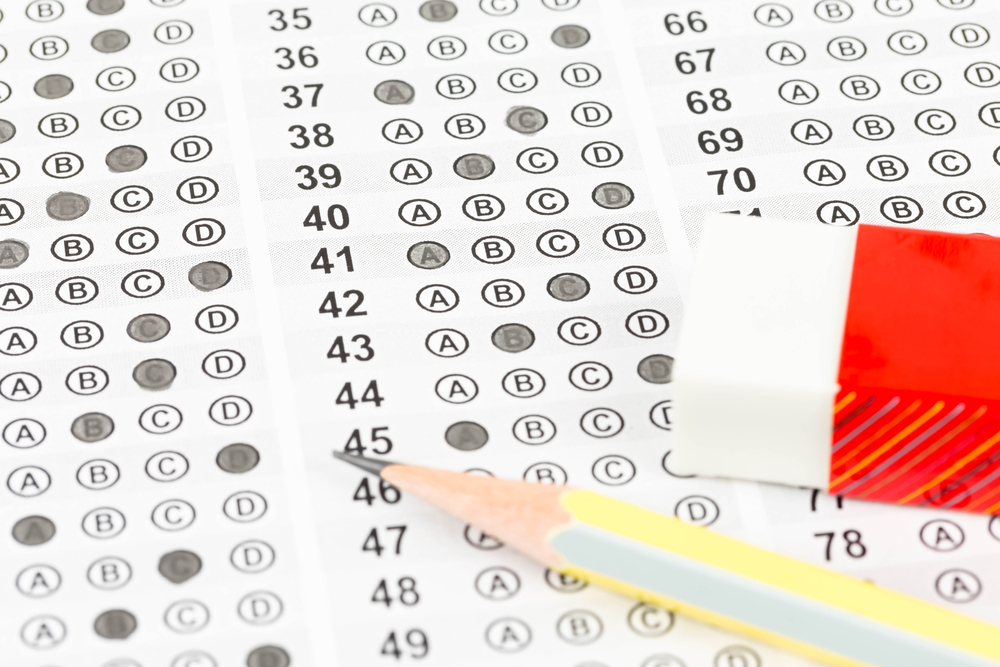
Get Paid to Share Your Expertise
Help shape the future of business through market research studies.
See Research StudiesConfused about what your next career move should be? Try taking a test.
Don’t let reminders of high school guidance counselors put you off. Taking a career test or two can help you get more clarity. And doing so has gotten easier.
“The number of assessments available has proliferated exponentially the last few years thanks to technology,” says Ira Wolfe, president of Success Performance Solutions, which does pre-employment testing of job applicants for employers, and author of the books Perfect Labor Storm 2.0 and Geeks, Geezers, and Googlization.
Contrary to what many people think, some of these tests are relatively inexpensive. It’ll run you $35.95 to take the DiSC Classic 2.0 Online Profile, a version of the well-known personality test that professionals can often interpret on their own. It measures the traits dominance, inclusion, steadiness and conscientiousness.
The best testing programs design their reports so lay people can understand them, Wolfe says. “You should not need a professional to interpret the results,” says Wolfe. “Some reports even include recommendations for change or how to write a professional development plan.”
To get the most out of career tests, it’s important to weed out useless ones and find one that will let you tackle the questions you most want to answer.
Here are some tips, based on a recent conversation with Wolfe.
View instant quizzes in the right light.
You’ve probably come across five- or 10-minute online questionnaires in online publications that give you immediate results. These can be fun—and you may even agree with the conclusions—but don’t view them as a source of serious guidance. “The information may be helpful in modifying behavior or narrowing down choices to a few careers, but decisions relating to career choices should not be based on a quiz,’” says Wolfe.
Choose the right quiz to fit your situation.
The most rigorous tests fall under a category called psychometric assessment, says Wolfe.These systems help you measure strengths and weaknesses relative to the requirements of a certain career path.
They may look at factors like behavior, personality, general reasoning and other abilities and often compare you to a broader population, such as the general public or people in your field.They include the DiSC and the ASSESS system, which takes stock of transferrable skills like project management.
Another one Wolfe likes is Quality of Motivation, which helps you determine if you are better suited for a career as an employee or an entrepreneur.
Read the descriptions carefully or call a testing firm’s customer help line to make sure the one you are taking measures what you really want to know.
If you’re not sure which one to take, begin with the DiSC, Wolfe suggests. “It’s an excellent starting point for almost anyone, whether they are looking for their first career or starting a second or third one,” he says. But understand its intent. “DISC only predicts how an individual might approach a new job and interact with people,” says Wolfe. “It does not reveal if they are skilled, motivated, or knowledgeable.”
We’ve all met people who might seem to be miscast for a particular job on paper but excel at it—like the soft-spoken sales person who knows how to dazzle clients with an amazing, customized presentation.
Cut through the jargon.
Sometimes, career tests may deliver results that seem to be at odds with what you know about yourself. In those cases, it may pay to hire a career coach or testing expert to help you sort through what it all means. “It often times takes a coach or consultant to answer some questions or expose some holes in what might seem to be a good assessment choice,” Wolfe says.
The test could in fact be wrong—or perhaps it uncovered a career path you never even considered.

 Elaine Pofeldt
Elaine Pofeldt